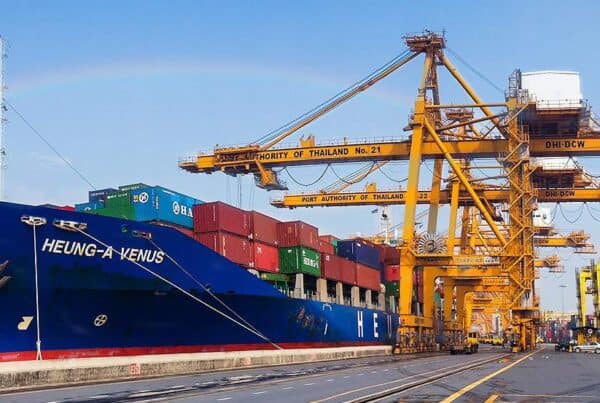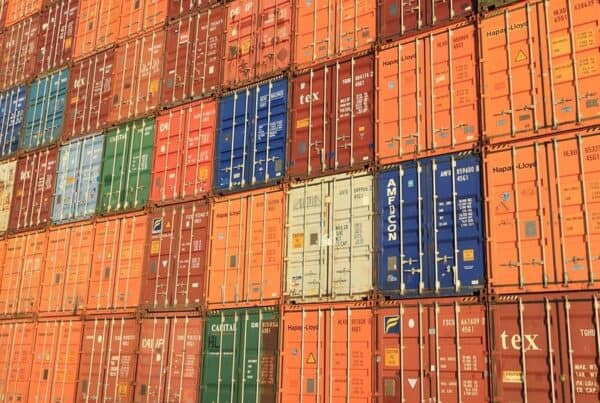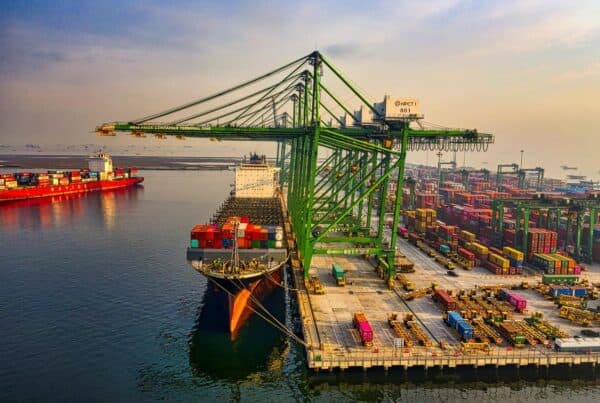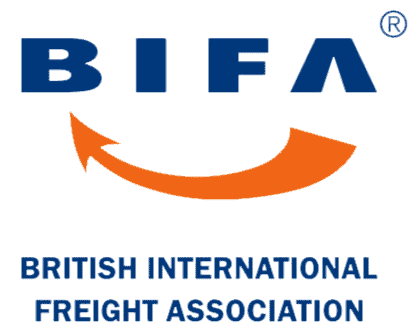High greenhouse gas emissions are increasing our temperatures every year, and the scientific community are in agreement that this will continue unless we do something to stop it. The amount of sea ice in the Arctic is shrinking rapidly and the population of arctic animals like polar bears is expected to decrease by at least 30% in the next 30 years if things continue as they are. While most people see little of the effects of global warming aside from what they read about or hear on the news, professionals in the shipping industry are seeing first-hand what’s happening.
In the North Atlantic, shipping lanes are becoming littered with icebergs due to the ice melting and chunks of ice being broken off. This is making this particular shipping route dangerous and Trans-Atlantic vessels are being forced to take additional precautions to avoid a collision. So, ships are having to slow down massively and being rerouted hundreds of minds in order to avoid these icebergs, which means that ships can be delayed as much as two days. While this might not seem like a considerable issue, the shipping and freight industries run on a very tight schedule and if they miss a connecting vessel, it can backlog the whole operation and risk cargo being lost.
What’s important to know is that progress is being made and the freight industry is working hard to reduce greenhouse emissions. Many changes have been put into effect to improve the efficiency of operations as the freight and transport industry are one of the biggest contributors of greenhouse emissions today. Ten years ago, around 20% of the UK’s domestic greenhouse gas emissions were made by the transport sector and freight transport was responsible for a third of this amount. Today, the freight industry is working hard to find more environmentally friendly transport solutions. In July 2011, the Energy Efficiency Design Index (EEDI) was approved by the International Maritime Organisation. This index is the first globally-binding climate change standard, designed to make new ships more energy efficient and to encourage the freight industry to continue making positive changes to their ship designs. As well as this development, TFL also partnered with the freight industry not too long ago to help companies continue to reduce the amount of pollution they produce in their daily operations.
What the freight industry needs to focus on today is sustainable economic growth. With the way that operations are going today, the success of the industry won’t last unless freight companies band together to improve the efficiency of their services and transportation options. With some hard-hitting legislation and big organisations leading the way, we might just change the freight industry for good.
At Barrington Freight, we work hard to find fuel efficient and environmentally friendly options for your freight forwarding needs. If you would like to ship anything overseas or ask about our services, you can look at our sea freight services or contact us today.





